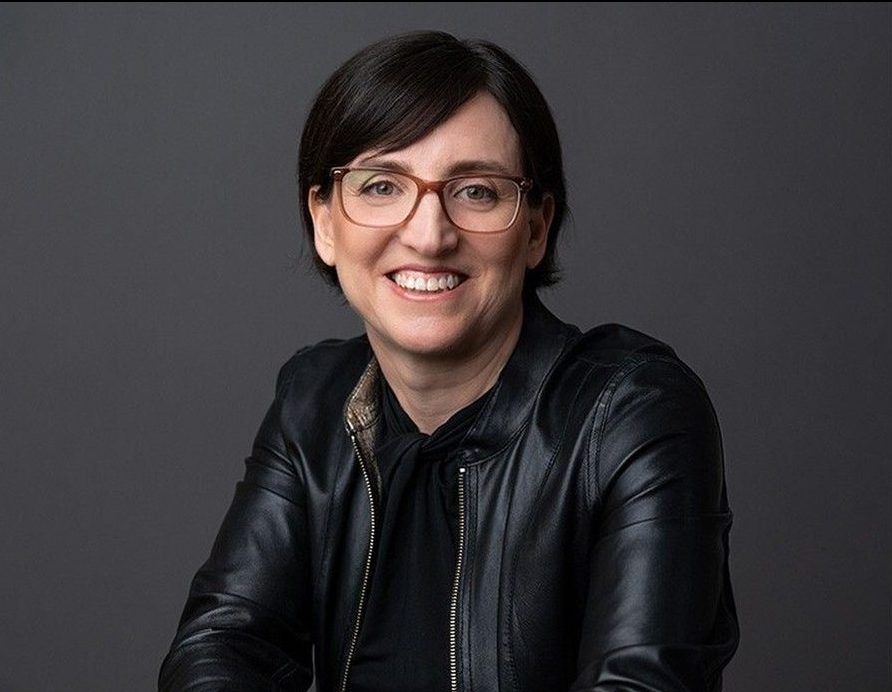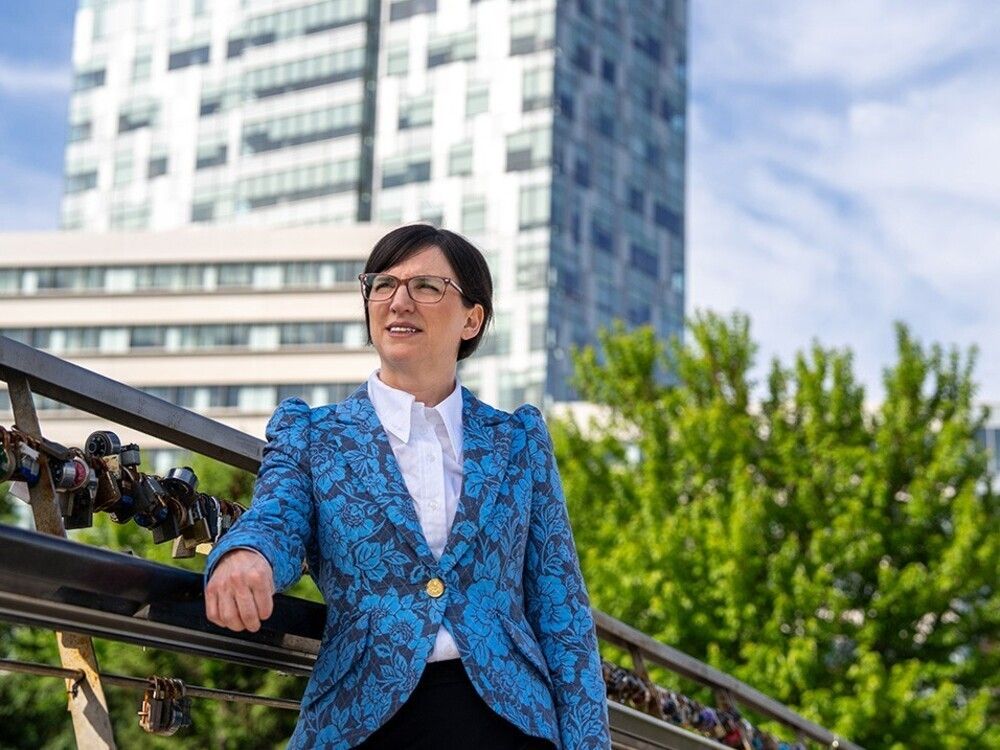The University of Ottawa announced Wednesday that Marie-Eve Sylvestre will become its 31st and first-ever female president and vice-chancellor.
Sylvestre first joined uOttawa as a professor in 2005 and has served as dean of the Faculty of Law, Civil Law Section since 2019. She has a master’s degree from Université de Montréal and a doctorate from Harvard University.
She also holds the Research Chair on Criminal Law and Policy and the Regulation of Marginalized People.
“I’m really moved and touched by the confidence given by the Board of Governors and by the community,” she said. “I’m very excited for what’s to come.”
Sylvestre will take over from Jacques Frémont, who has served as uOttawa’s president and vice-rector since 2016, beginning on July 1.
Sylvestre says her vision is for uOttawa to become a “key social, economic and cultural actor” within the Ottawa community by building alliances and strengthening relationships with a variety of international organizations, local industries and government.
“I want to reach out. I want to be present,” she said. “I want people to feel involved. I want people to feel welcome on campus.”
The University of Ottawa currently ranks fourth on Canada’s Top 50 Research Universities for 2024, mainly for its research intensity. Sylvestre says she intends to maintain and grow uOttawa’s research initiatives and community.
She also wants to continue the “work of indigenization” of the uOttawa campus, including programming, research and governance.
“We have important budgetary and financial challenges,” she said. “I want to make sure that this does not affect the quality of the education and the students’ experiences.”
Stéphane Brutus, dean of the Telfer Business School at uOttawa, said he was excited to hear about Sylvestre’s appointment. He says her track record as a researcher, focused on the intersection between criminal law and marginalized communities, made her especially equipped to take on the roles of president and vice-rector.
“Her reach and her ability to carry forward her vision will do fantastic things for the city, for the university, the country and internationally too,” Brutus said.

One of the Sylvestre initiatives Brutus was looking forward to was her focus on local outreach. Despite the university’s reputable standing overall, Brutus said its presence in Ottawa could use some enhancement.
“Our reputation worldwide is as high as ever,” he said. “I think our local reputation needs a follow-up.”
As for students, Brutus said they would have a new president who was “incredibly empathetic” and receptive to communication.
“They’re gonna have somebody that they can talk to, relate to, work with for the years to come,” he said. “She’s a special person, for sure … I’m a big fan.”
Jack Coen, president of the University of Ottawa Students’ Union, said having a female president was a “huge, huge milestone” for the institution. He also said he was looking forward to working and collaborating with Sylvestre.
“The union, at large, is very happy about that,” Coen said. “At the same time, we have a lot of commitments and negotiations that are ongoing with the university on some really important files for us.”
Those issues, Coen said, included food insecurity, a crackdown on student activism and reconciliation on campus, including working with ethical financial institutions.
“The union is going to fight to make sure we don’t fall through the cracks,” he said. “But we look forward to doing that work alongside someone who’s qualified and well-regarded as the best.”
Coen said he wanted to see a change in communication and behaviour towards student activists this upcoming year and hoped to bring these issues up in conversation with Sylvestre.
“I know we both have the best interest of students at heart,” he said.
Sylvestre said her role as co-chair of the university’s Senate committee on academic freedom made her well aware of the issues of freedom of expression on campus. She said she also drafted the Senate statement on academic freedom and freedom of expression on campus.
“It’s extremely important that ideas at the university remain a place of exchange, a place of dialogue, a place where ideas can be put forward,” she said. “On the other hand, we as a university … condemn any act of violence or any manifestation of antisemitism, racism and discrimination on campus.”



